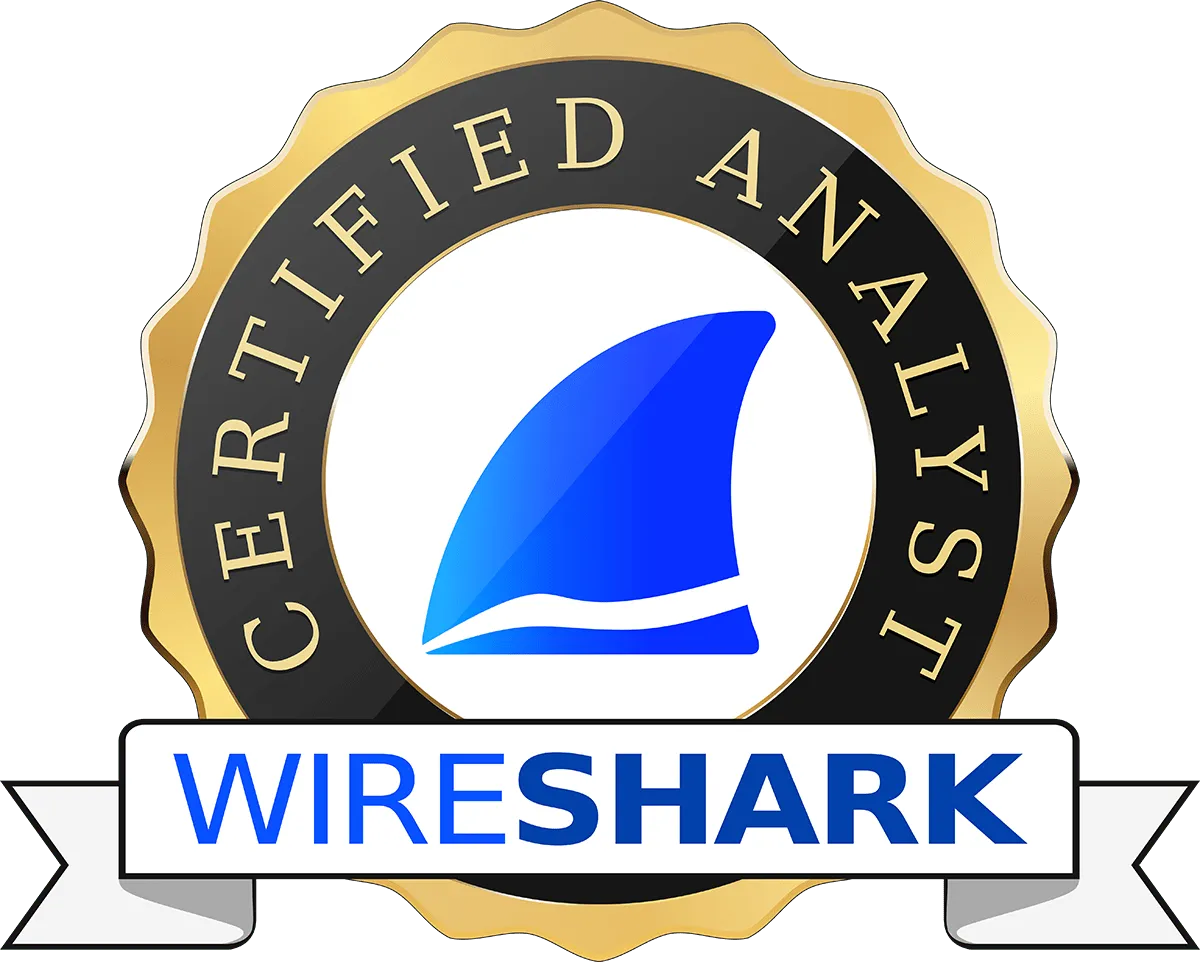What is Wireshark?
Wireshark is the world’s most popular network protocol analyzer. It is used for troubleshooting, analysis, development and education.
What’s New
We do not ship official 32-bit Windows packages for Wireshark 4.0 and later. If you need to use Wireshark on that platform, we recommend using the latest 3.6 release. Issue 17779
Bug Fixes
The following vulnerabilities have been fixed:
-
wnpa-sec-2023-01 EAP dissector crash. Issue 18622.
-
wnpa-sec-2023-02 NFS dissector memory leak. Issue 18628.
-
wnpa-sec-2023-03 Dissection engine crash. Issue 18766.
-
wnpa-sec-2023-04 GNW dissector crash. Issue 18779.
-
wnpa-sec-2023-05 iSCSI dissector crash. Issue 18796.
-
wnpa-sec-2023-06 Multiple dissector excessive loops. Issue 18711. Issue 18720, Issue 18737.
-
wnpa-sec-2023-07 TIPC dissector crash. Issue 18770.
The following bugs have been fixed:
-
Qt: After modifying coloring rules, the coloring rule applied to the first packet reflects the coloring rules previously in effect. Issue 12475.
-
Help file doesn’t display for extcap interfaces. Issue 15592.
-
For USB traffic on XHC20 interface destination is always given as Host. Issue 16768.
-
Wireshark Expert Info - cannot deselect the limit to display filter tick box. Issue 18461.
-
Wrong pointer conversion in get_data_source_tvb_by_name() Issue 18517.
-
Wrong number of bits skipped while decoding an empty UTF8String on UPER packet. Issue 18702.
-
Crash when analyzing protobuf packets. Issue 18730.
-
Uninitialized values in various dissectors. Issue 18742.
-
String (GeoIP country/city) ordering doesn’t work in Endpoints. Issue 18749.
-
Wireshark crashes with an assertion failure on stray minus in filter. Issue 18750.
-
IO Graph: Add new graph only works until the 10th graph. Issue 18762.
-
Fuzz job crash output: fuzz-2022-12-30-11007.pcap. Issue 18770.
-
Q.850 - error in label for cause 0x7F. Issue 18780.
-
Uninitialized values in CoAP and RTPS dissectors. Issue 18785.
-
Screenshots in AppStream metainfo.xml file not available. Issue 18801.
New and Updated Features
Removed Features and Support
New Protocol Support
There are no new protocols in this release.
Updated Protocol Support
ASTERIX, BEEP, BGP, BPv6, CoAP, EAP, GNW, GSM A-bis P-GSL, iSCSI, ISUP, LwM2M-TLV, MBIM, NBAP, NFS, OBD-II, OPUS, ProtoBuf, RLC, ROHC, RTPS, Telnet, TIPC, and USB
New and Updated Capture File Support
There is no new or updated capture file support in this release.
New File Format Decoding Support
There is no new or updated file format support in this release.
Getting Wireshark
Wireshark source code and installation packages are available from https://www.wireshark.org/download.html.
Vendor-supplied Packages
Most Linux and Unix vendors supply their own Wireshark packages. You can usually install or upgrade Wireshark using the package management system specific to that platform. A list of third-party packages can be found on the download page on the Wireshark web site.
File Locations
Wireshark and TShark look in several different locations for preference files, plugins, SNMP MIBS, and RADIUS dictionaries.
These locations vary from platform to platform.
You can use or tshark -G folders to find the default locations on your system.
Getting Help
The User’s Guide, manual pages and various other documentation can be found at https://www.wireshark.org/docs/
Community support is available on Wireshark’s Q&A site and on the wireshark-users mailing list. Subscription information and archives for all of Wireshark’s mailing lists can be found on the web site.
Bugs and feature requests can be reported on the issue tracker.
You can learn protocol analysis and meet Wireshark’s developers at SharkFest.
How You Can Help
The Wireshark Foundation helps as many people as possible understand their networks as much as possible. You can find out more and donate at wiresharkfoundation.org.
Frequently Asked Questions
A complete FAQ is available on the Wireshark web site.
